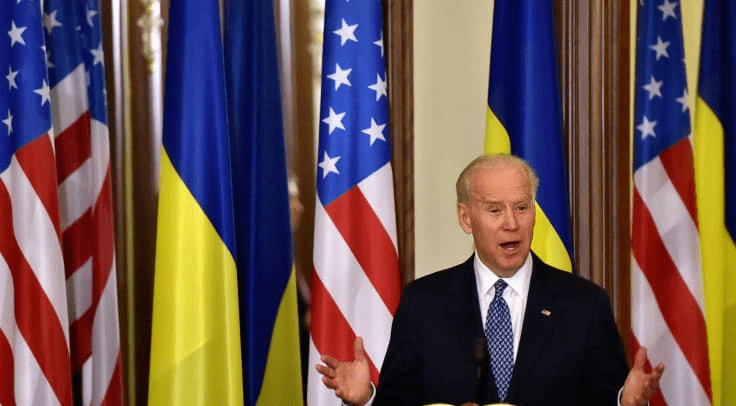Despite some tough sanctions and even tougher criticism, Russia has not topped America’s foreign policy priorities under President Donald Trump, who has appeared to have a congenial relationship with his counterpart Vladimir Putin. However, that could all change if Democrat nominee Joe Biden wins the November 3 election, according to experts, who are weighing up the implications of a Biden presidency on U.S.-Russia relations.

At the very least, analysts expect that a victory for Biden would increase tensions between Washington and Moscow, and would raise the probability of new sanctions on Russia. The country is already operating under international sanctions on some key sectors and Russian officials close to Putin, for actions including its annexation of Crimea from Ukraine in 2014, interference in the U.S. election in 2016 and reported involvement in a nerve agent attack in the U.K. in 2018.
Andrius Tursa, central and eastern Europe advisor at Teneo Intelligence, said a win for Biden would improve transatlantic ties between the U.S. and Europe and would see “a renewed U.S. commitment to NATO” that would be welcomed by Europe. “In general, a potential Biden presidency would be negative for Moscow and likely lead to a further deterioration of bilateral relations, both in terms of rhetoric and substance. The Democratic Party’s candidate has long maintained a tough stance towards President Vladimir Putin’s administration,” Tursa said in a note Friday.
Any new sanctions on Russia are unlikely to be imposed immediately, however, according to Timothy Ash, senior emerging markets strategist at Bluebay Asset Management.
He said on Saturday that “while I do think the course of U.S.-Russia relations will remain on this deteriorating path I am not sure that we should expect an immediate rollout of additional ‘pent up’ sanctions on Russia.”
Arms control is an area that both Russia-watchers believe could be a point of mutual interest and some harmony, however. Biden has signaled as much, saying in 2019 that he would want to see an extension of the major U.S.-Russian nuclear arms reduction treaty, known as the New Strategic Arms Reduction Treaty, or the implementation something similar.
Russia itself has acknowledged that arms control could be one positive dynamic under a Biden presidency. Earlier in October, Putin criticized what he called “sharp anti-Russian rhetoric” from Biden, but also said that he had been encouraged by Biden’s comments regarding a new arms treaty or extension of new START.
Why Russia — and Putin — might be worried about a Biden presidency, CNBC, Oct 20